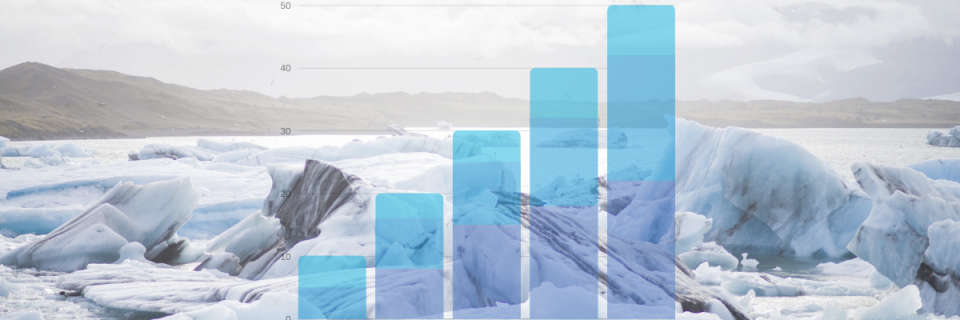UNECE Expert Forum for Producers and Users of Climate Change-Related Statistics , 2020

The UNECE Expert Forum is an annual event that serves as a platform for collaboration, sharing ideas and experience, discussing concepts and measurement issues, and identifying areas for development of practical guidance. This year’s Forum took place from 28 September – 1 October 2020 (virtual meeting) and included 4 sessions: Setting the scene, Measuring climate change adaptation, Role of the statistical community in climate action, and Linkages between climate, wealth and well-being. Conclusions from the meeting and all other meeting documents are available on the meeting web page in English and Russian:
Session 1: Setting the Scene
Discussed the important role of National Statistical Offices (NSOs) to monitor how “green” the recovery from the Covid-19 pandemic will be. In particular, it was noted that NSOs should continue to be involved in mandatory reporting on GHG inventories, tracking progress on nationally determined contributions (NDCs) as well as contribute to the production of information on climate change impacts and climate change adaptation. NSOs have also a role to play in advocating for the development of national climate change-related indicator sets based on the UNECE and UNSD indicator sets.
Session 2: Measuring climate change adaptation
Climate change adaptation is a new area for NSOs which requires close collaboration with the scientific communities. Many NSOs already undertake or plan some activities related to climate change adaptation, such as producing relevant statistics, linking and disseminating data from other producers or supporting monitoring of national adaptation plans. Involving NSOs in designing national adaptation strategies and plans, and their monitoring and evaluation (M&E) frameworks, is critical for quality assurance and sustainability of climate change adaptation data. International statistical frameworks, such as Framework for Development of Environmental Statistics and the SEEA, can help to produce, model and organize statistics on climate change adaptation based on agreed methodologies.
Session 3: Role of the statistical community in climate action
Many NSOs have developed a roadmap for climate change related statistics and identified priorities taking into consider the CES recommendations on Climate Change Related Statistics and the following in depth review. Both the International Recommendations on Energy Statistics (IRES) and the SEEA are essential in the development of relevant climate-change related statistics. It is strongly encouraged for NSOs to produce quarterly emission data by fuel type. Producing both emission accounts according to the SEEA on the basis of the residence principle and emission inventories according to IPCC methodology on the basis of the territory principle was considered important.
Session 4: Linkages between climate, wealth and well-being
There is an increased recognition from the policy community that measuring economic performance through GDP is not enough to move towards sustainable development. There is a need to use metrics that go beyond GDP that take into account the environment and in particular climate change. This session focused on the impact of climate change on wealth and well being.
National statistical offices could produce measure that support these broader measures of wealth and the SEEA provides a useful framework to do so. Its implementation can be done incrementally starting first with the physical accounts. Valuation of natural and social capital presents challenges and implies imputations. Although the revision of the SEEA Ecosystem Accounting has advanced the methodology on valuation, there is need for further testing. A possible alternative is to publish the wealth estimates as experimental or co-publishing them with research organization.
Good progress has been made on addressing the challenges of valuing natural capital. It is important to note that biophysical measures are an important complement to monetary valuation especially for those aspects of the natural capital that are difficult to value. However, the perfect should not be the enemy of the good, and environmental statistics and accounts should not be held to a standard that is not applied in other domains. If natural capital is not measured, its value may be overlooked.
